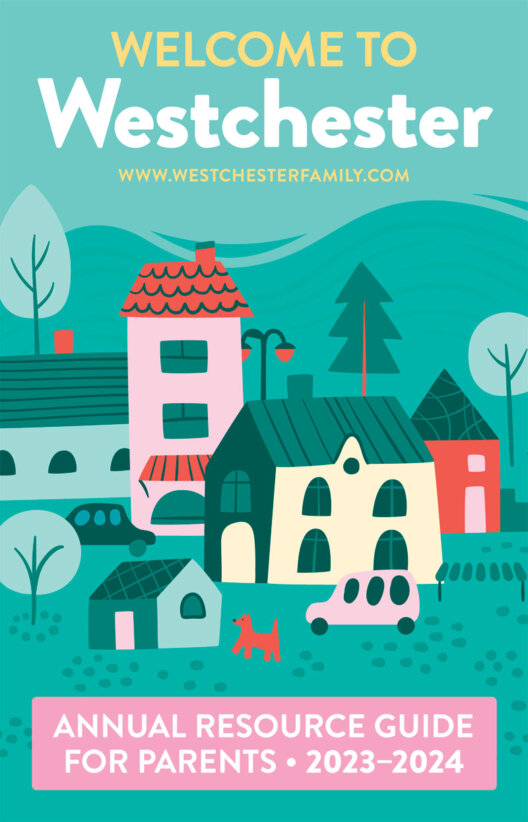With the new school year upon us, it is important for children to get back into their proper sleeping patterns. While the summer is a great time to vacation, unwind and relax, now is the time for parents to start establishing sleeping routines so when kids are back in the classroom, they’ll be ready to focus on learning.
It’s Important
Because children deplete their supply of norepinephrine, a neurotransmitter, during the day it is important to replenish it with a good night’s sleep. The depletion of this neurotransmitter is responsible for a child’s hyperactivity when they are what we call “overtired.” Children who are racing around are more susceptible to accidents and injuries. Also, kids who are in a rapid growth phase especially need a good night’s sleep to promote healthy development. On average, children ages 5 to 12 require about 10 hours of sleep a night.
Establish a Routine
It is important for parents to establish and maintain a regular schedule for their child. This should include a “wind-down” period in the evening. Parents may take a traditional approach and read a bedtime story to their child, or play soothing music conducive to sleep. Keep in mind that resetting a sleep schedule may take more than four weeks, so it is best to start the school nighttime routine in August. If your child still cannot fall asleep after the wind-down, ask them to pretend to be asleep. Many children will simply nod off after this quiet period. A dark and cool room also promotes sleep. Room darkening shades may be a good investment. Children should avoid caffeine at all times, as it prevents sleep. Remember caffeine is found in iced teas and sodas, not just coffee drinks.
Challenges
Some school-age children have sleep deficits that promote hyperactivity, mood swings and learning disorders. Some 2 percent of children are affected by pediatric Obstructive Sleep Apnea Syndrome (OSAS). Children with this condition often have signs of obstructive breathing when they are asleep at night. They tend to snore, breath heavily and gasp. Although the daytime symptoms may not be conspicuous, younger children usually manifest their symptoms through hyperactivity and an inability to concentrate in school. If parents are concerned, they should consider sending their child for a sleep study. The Center for Sleep Medicine at Lawrence Hospital conducts sleep studies that are covered by insurance and allow a parent to stay in the room with the child. The studies can be performed on children as young as 2 years old.
Miriam Levitt, M.D., FAAP is Board Certified in Pediatrics, a Fellow of the American Academy of Pediatrics, former Director of Pediatrics & President of the Medical Staff at Lawrence Hospital Center. She is currently the Medical Director of the Bronxville School District, and a clinical faculty member at Albert Einstein. Dr. Levitt is also the Mayor of the Village of Scarsdale.







